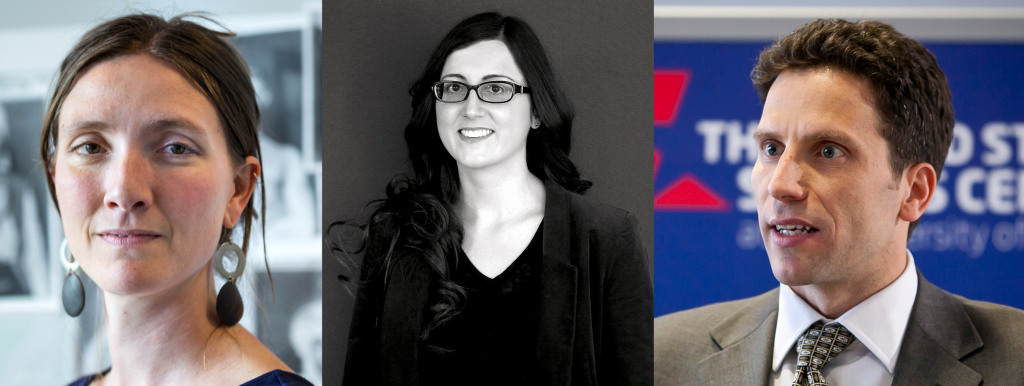
Amid the communitarization of migration policy, the driving forces shaping EU migration governance have been the subject of a vivid scholarly debate. If anything, the fallout from the EU’s migration crisis is likely to fan the latter’s flames. Zooming in on the actors and mechanisms behind migration policy change in the EU, Saskia Bonjour, Ariadna Ripoll Servent and Eiko Thielemann identify three areas that deserve the attention of future research. In their article “Beyond venue shopping and liberal constraint: a new research agenda for EU migration policies and politics” published in the Journal of European Public Policy, Saskia, Ariadna and Eiko call on future research to open up the black box of preference formation in member states and EU institutions, to analyse when, how and why we observe variation in actors’ influence in migration policy-making processes, and to embrace greater transparency in conceptualizing and measuring the extent and the content of policy change. They argue that scholars’ focus on these three axes may allow the community “to engage in a more productive debate and collectively work toward gaining greater insights into the multiple puzzles of EU migration governance.”